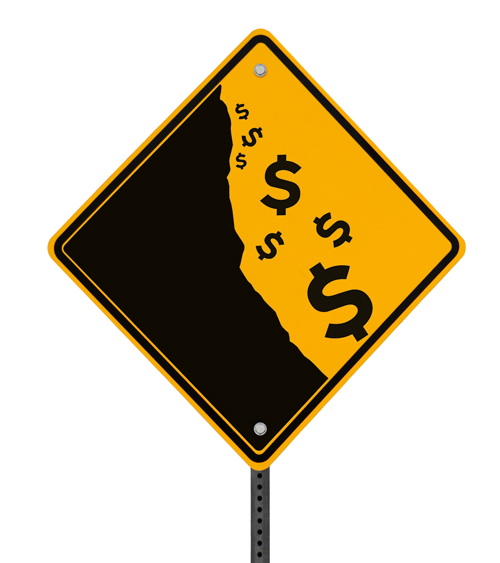Supplied content
China devalued the Yuan three times last week with many people wondering what this meant. Since the GFC in 2008 many countries have used Quantitative Easing and interest rate cuts as a way of devaluing their currency and growing their economies through exports. With interest rates at historical lows in many countries, and debt levels restraining any meaningful tax cuts, there are few remaining tools to stimulate growth. This has led to increasing volatility in currency markets around.
Devaluations can have wide ranging impacts. Inflation can push higher. Foreign debts become more difficult to service, and they can reduce confidence in the local currency. Exports are boosted by the failing currency and imports become more expensive. In the long term the exchange rate will usually adjust itself to reflect the new flows of currencies, however this is not always the case. These revaluations can be contagious with the possibility of retaliation from other trading partners.
As a way of managing risk in volatile markets it is paramount that businesses have in place a currency hedging policy. This policy is there to protect a company’s bottom line and foreign revenue expectations. It is not there to predict where the currency is heading but it is there to provide protection ensure protection and profitability in adverse currency moves. The best hedging decisions are made when businesses acknowledge that market movements are unpredictable and can have both a positive or negative effect on a business’s profitability.
To learn more visit www.hifx.co.nz




